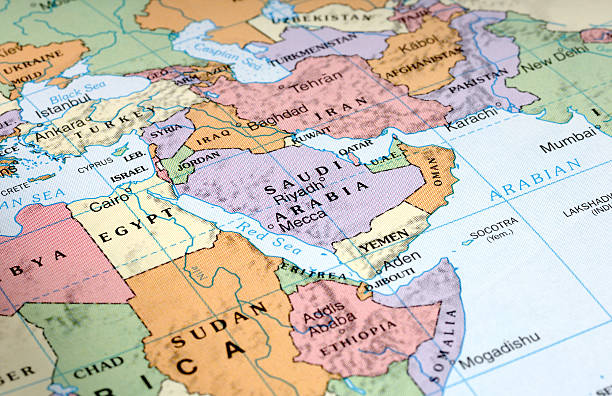On Sunday, March 31st, Türkiye will hold municipal elections. People will not be going to the polls to express their preference for a new parliament, a new government, or a new leadership. Nonetheless, this election would allow them to express their judgment on our quasi-democracy and their expectations for the future, perhaps a desire for change in their lives.
Free and fair elections are a core process of democracy. But for elections to have any meaning they must be held in a well-structured political framework that embodies the rule of law, respect for human rights, an independent judiciary, transparency, and oversight. Unfortunately, Türkiye’s uniquely bizarre presidential system does not meet any of these essentials.
President Erdoğan holds the top elected office in the country. In democracies, presidents generally remain above party politics. Yes, they have party affiliations, but they do their level best to represent their nation as a whole and consequently remain above domestic politics. In Türkiye, appallingly, President Erdoğan has been crisscrossing the country with his party’s municipal candidates, criticizing the mayors of the opposition parties, and engaging in acrimonious debate. Thus, particularly in Istanbul, the race is not just between Mr. Kurum and Mr. İmamoğlu, but more so between President Erdoğan and Mr. İmamoğlu.
At this time, the mood in the country is one of dejection.
A few years ago, the AKP government took the hitherto unseen measure of lowering interest rates to fight inflation, a move defying the fundamentals of economic science. Then it changed course. Yet, according to the Turkish Statistical Institute’s figures, the annual inflation rate has gone up by 4,53 % in February. Thus, at present, it stands at 67,57 %. These, of course, are official figures. Accordingly, last Thursday, Turkey’s Central Bank raised its key interest rate, from 45% to 50%, citing the continuing need to counter climbing inflation.
The inflation figures in some European countries are 3.1% in France, 2.8% in Poland, 7.4% in Romania, 4.5% in Norway and Sweden, and 7% in Russia at war. But Türkiye’s AKP leadership still claims that it remains on the path to taking the country to the top ten economies of the world. The tragedy is that many in the country are simply trying to survive in an economy where fair and equal distribution of income is a myth.
A few days ago, “The World Happiness Report 2024” was published. For the young (age below 30), Türkiye ranks 101st among 143 nations. For the old (age 60 and above), Türkiye ranks 92nd. In the former group, Kazakhstan ranks 69th, Bosnia and Herzegovina 78th, Russia 68th, Kyrgyzstan 81st, Tajikistan 89th, and Iraq 90th.[i]
In other words, although the kind, encouraging, and generous title of the study is “Happiness”, if one were to read the list of countries from the bottom up, starting with Afghanistan, in reverse order, then the title would become “The World Misery Report 2024” where Türkiye would rank 42nd. This is why a good number of people have given up watching the news on their TV. This is also why an increasing number of young Turks are seeking a new life abroad.
Is the high rate of inflation and the difficulties experienced by many in making ends meet the only reason for Turks’ unhappiness? No. They are unhappy also because they are dissatisfied with the way Türkiye is governed. They are unhappy with an emerging one-party state, democratic decline, lack of confidence in state institutions, endless talk about corruption, endless attacks by Islamist extremists on Ataturk’s legacy, and low expectations for the future even among the supporters of the AKP. Türkiye’s generation Z has seen nothing but AKP rule. The only leader they have seen at the helm is President Erdoğan.
On top of the foregoing, they are unhappy with the totally inadequate political opposition. They are unhappy with the reports that Mr. Kılıçdaroğlu, the former leader of the main opposition party RPP, “Mr. Loser of Elections”, is planning to stage a comeback after the municipal polls. After all, he was the one who made a gift of another five years to President Erdoğan, simply because he insisted on becoming the opposition candidate. Without a shadow of a doubt, he was the one Mr. Erdoğan wanted to see as his rival in the 2023 presidential election.
The principal battleground in the upcoming municipal elections would be Ankara, Istanbul, and Izmir, Türkiye’s three major cities. But across the country, this will be much more than a municipal election. It will be a general election, thus a vote of confidence for the AKP’s 22-year rule.
We Turks need to be aware of the extremely high foreign and security policy cost of our democratic decline and sterile domestic policies.
Note: This post was first published in diplomaticopinion.com.
[i] https://happiness-report.s3.amazonaws.com/2024/WHR+24.pdf









